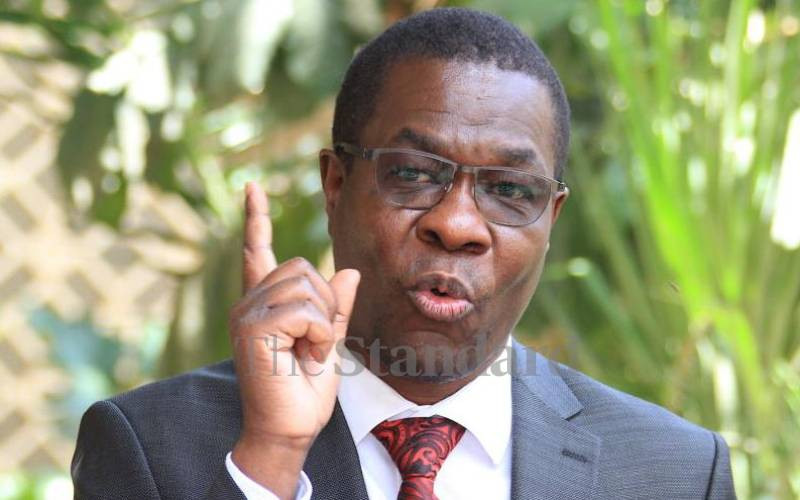×
The Standard e-Paper
Stay Informed, Even Offline

The Public Investment Committee has raised alarm over what it terms a grand "Stamp Gate" scandal involving Sh160 billion at the Kenya Revenue Authority (KRA).
In a press statement, the Leader of Minority in the National Assembly Opiyo Wandayi alleged that the billions of shillings are being siphoned through the Excisable Management System (EGMS) where KRA targets to improve its collection of excise revenue through a track and trace solution.